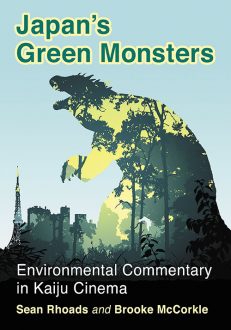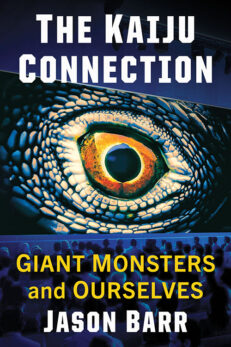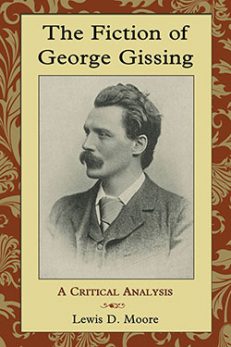The Fiction of George Gissing
A Critical Analysis
$39.95
In stock
About the Book
Most of George Gissing’s 23 novels have a certain air of autobiography, despite Gissing’s frequent arguments that his fictional plots bear little resemblance to his own life and experiences. Starting with Workers in the Dawn (1880), almost all of Gissing’s fictional works are set in his own time period of late–Victorian England, and five of his first six novels focus on the working-class poor that Gissing would have encountered frequently during his early writing career.
While most recent criticism focuses on Gissing’s works as biographical narratives, this work approaches Gissing’s novels as purely imaginative works of art, giving him the benefit of the doubt regardless of how well his books seem to match up with the events of his own life. By analyzing important themes in his novels and recognizing the power of the artist’s imagination, especially through the critical works of Coleridge, Wordsworth, Shelley, and Keats, the author reveals how Gissing’s novels present a lived feel of the world Gissing knew firsthand. The author asserts that, at most, Gissing used his personal experiences as a starting point to transform his own life and thoughts into stories that explain the social, personal, and cultural significance of such experiences.
About the Author(s)
Bibliographic Details
Lewis D. Moore
Format: softcover (6 x 9)
Pages: 236
Bibliographic Info: bibliography, index
Copyright Date: 2008
pISBN: 978-0-7864-3509-8
eISBN: 978-0-7864-5215-6
Imprint: McFarland
Table of Contents
Acknowledgments vi
Preface 1
Introduction 5
1. Gissing and the Imagination 9
Part One: The Social Imagination
2. The Triumph of Mediocrity: Gissing’s New Grub Street 21
3. Deception, Violence, and the Criminal Act 29
4. New People: George Gissing’s Rising Classes 40
5. The Loss of Innocence: Progress, Science, and Technology 50
6. The Failed Triangle: Marriage, Family, and Children 57
7. Politics, Work, and Business 71
8. Education Old and New 82
Part Two: The Personal Imagination
9. Money as Language and Idea 93
10. Discovery and Disintegration: Figures of Disquiet 104
11. Romantic Love, Sexuality, and Convention 114
12. The Dubious Sex: Women in George Gissing’s Fiction 123
13. Conflicted Identities: The Individual and Society 132
Part Three: The Cultural Imagination
14. Against the Modern: Rural Idylls and Urban Realities 145
15. Gissing and Morley Roberts: The Life of Writing in Late-Victorian England 156
16. Nationalism, Imperialism, and the Idea of England 167
17. Religion and Morality 175
18. The Natural World in Human Time 185
19. The Late-Victorian Detective 197
20. Frontiers, Edges, and Boundaries 203
21. Conclusion 210
Bibliography 213
Index 219
Book Reviews & Awards
“recommended”—Choice.





